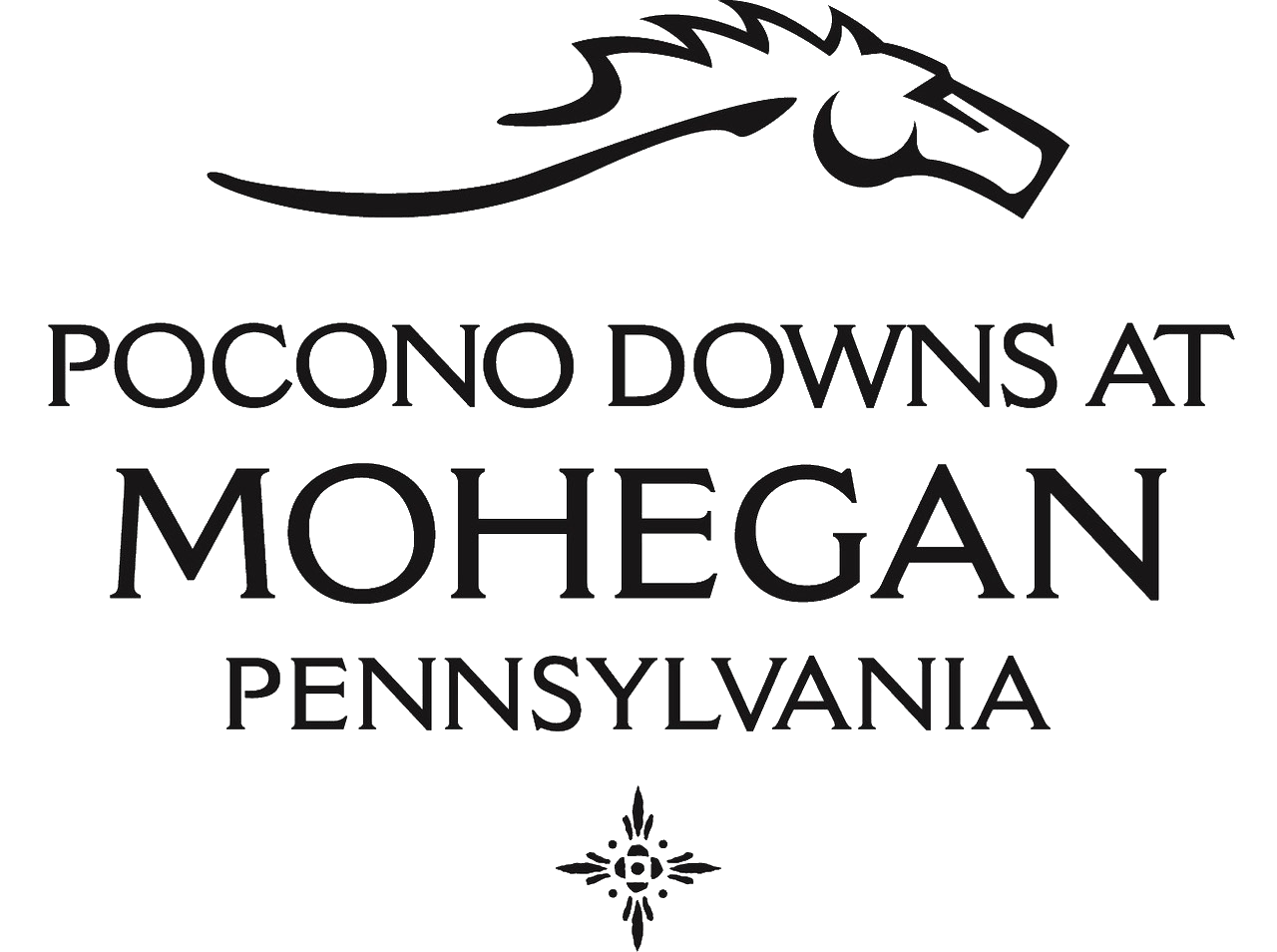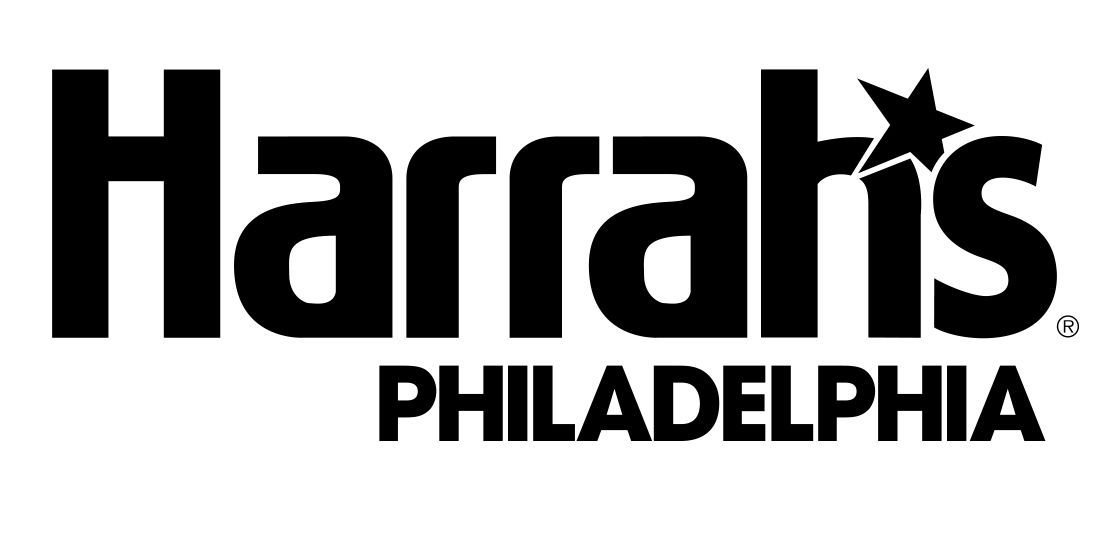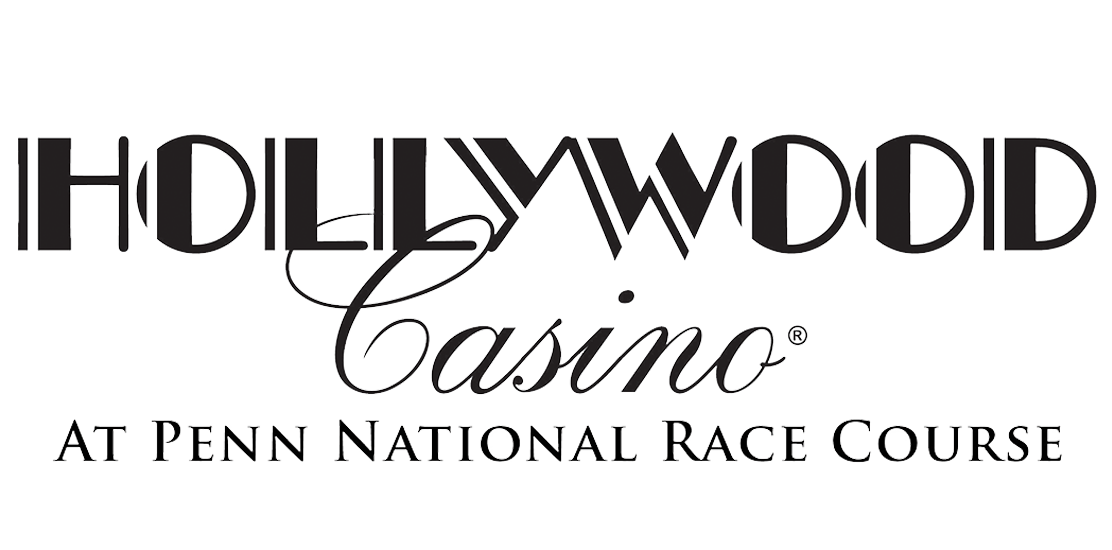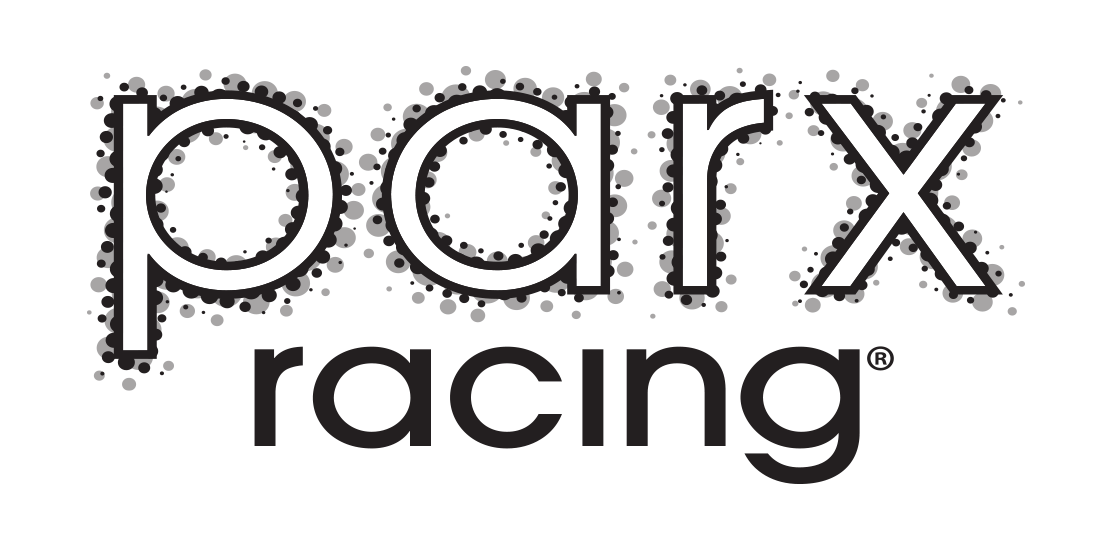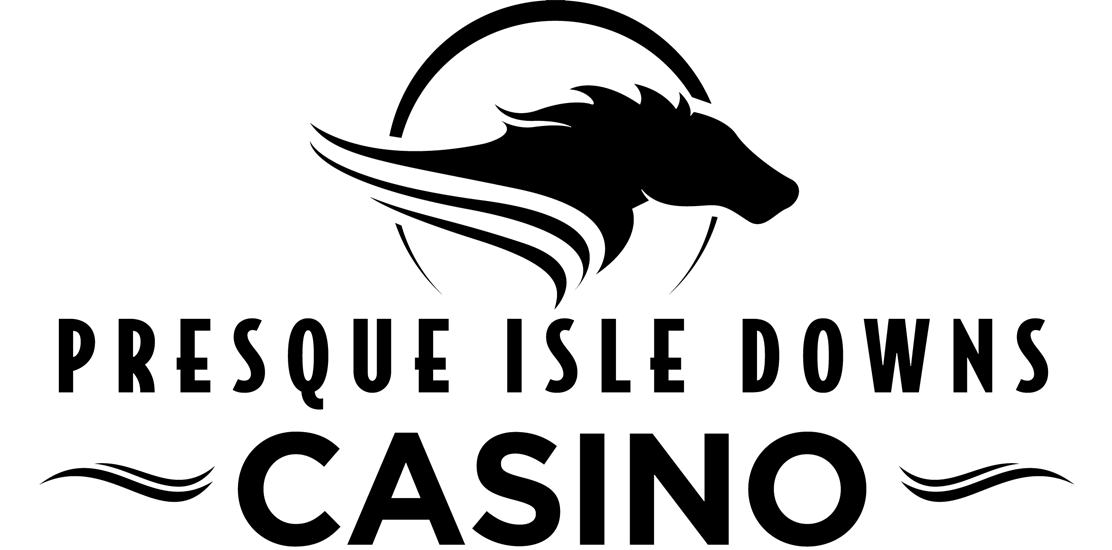With a strong first day program which ran the gambit from the centrality of horse racing’s societal license to the destructive use of xylazine to an update from the Horseracing Integrity & Welfare Unit, horse racing investigators at the annual Organization of Racing Investigators were immersed in some of the most pressing issues affecting the sport.
Hosted by Parx Racing and sponsored by everyone from Keeneland to the Breeders’ Cup, over 100 specialists who protect racetracks in America and several other countries, listened, asked questions and made connections, all in the service of equine athletes.
As one investigator said about why he was in attendance, “We are here to protect those who cannot protect themselves and being in a room with like-minded individuals on our 24/7 mission is how we stay ahead.”
Each year conference participants swap tradecraft and those conversations lead to communication which crosses jurisdictions. It is a network behind the scenes, and that is why industry afficionados and the public do not necessarily have the opportunity to see the machinery at work.
“What we talk about here isn’t secret, but our members need to have a degree of anonymity as they liaise with various groups of law enforcement, and that is one of the reasons why we don’t open this conference to just anyone,” said this year’s conference chairman Jason Klouser.
The morning sessions included several case studies about a variety of topics including horse welfare and how investigations have yielded important results. Members of the FBI’s Philadelphia Office presented how xylazine used to sedate horses can enter the drug trade on the street illegally.
A highlight was the University of Kentucky’s Dr. Camie Heleski, who spoke about the need for all horse sports to improve their optics by directly addressing its societal license to operate.
In other words, developing categorical areas to focus studies like recognizing physical and emotional stress in horses, what happens to them during the other 23 hours in a day when they are not performing and how tack and equipment can be used differently to improve the overall health of the sport.
HIWU’s Shawn Loehr and Shaun Richards gave an update concerning their investigative operations. The pair now have four investigators on staff, along with a pair of analysts, and they will be adding more soon. Concerning states that do not have a voluntary agreement with HIWU–like New York or Oklahoma–they explained how they have come to rely on independent contractors and that their developing relationship with ORI members continues to be significant to their operations.
“Our mission is to catch doping, protect the horses, serve the Thoroughbred industry, and for instance, our 150 plus barn searches and tip lines continue to yield results,” Loehr said. “ORI is such a valuable resource and being able to talk with them during this conference is essential to our mission.”
During the evening, which shifted venues from the Parx racetrack to the casino, an awards banquet included the TDN’s CEO/Publisher Sue Finley, who delivered the keynote over the power of integrity and the precarious position news outlets find themselves in when it comes to coverage of horse racing.
“Some organizations and individuals accuse us of being pro-HISA,” said Finley, speaking about the importance of independent journalism in horse racing. “The only thing we’re accused of more? Is being ANTI-HISA. Sometimes, we write an article which generates complaints from some that we are pro-HISA, while others write us and say we’re showing an obvious anti-HISA bias. All from the same article.”
The first day activities ended with the awarding of the organization’s most prestigious honor which is named for longtime investigator John F. Wayne. The lifetime membership award went to Tampa Bay Downs’s Deanna Nicol.
ORI’s 28th meeting continues on Tuesday, Mar. 5. Click here to access the schedule.
Original Source Credited to thoroughbreddailynews.com
Cover Photo Credit to J.N. Campbell
